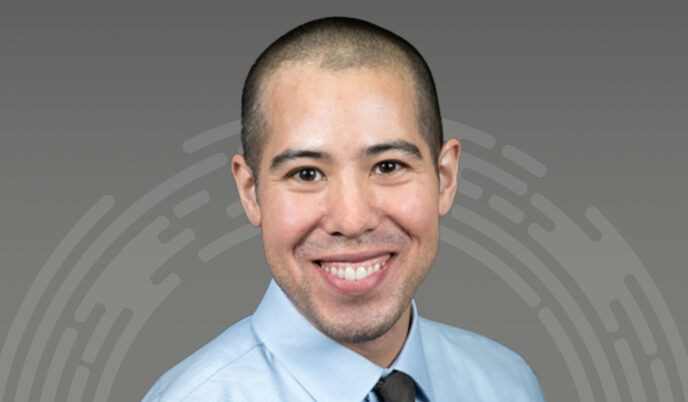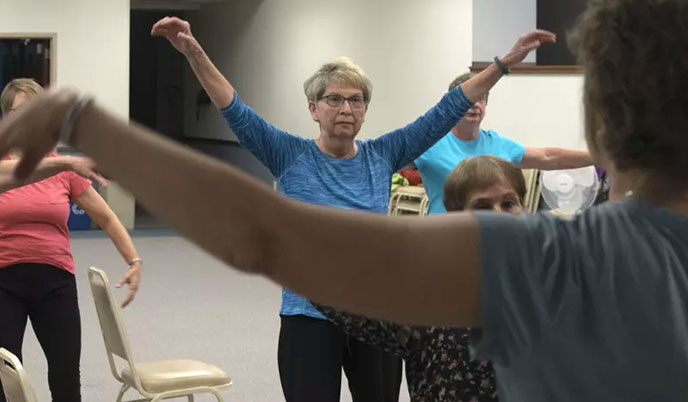
Wisconsin Alzheimer’s Disease Research Center receives $15 million from NIH
The Wisconsin Alzheimer’s Disease Research Center will establish, among other activities, a first-of-its-kind research program into improving the care of Alzheimer’s patients and reducing caregiver stress through a $15 million grant from the National Institutes of Health-National Institute on Aging (NIH-NIA). This grant will provide $3 million annually for five years.

Nathaniel Chin shares the inspiration behind his Alzheimer’s podcast
Every other week, Nathaniel Chin, MD, interviews experts about Alzheimer’s disease research, news and caregiver support for his podcast, Dementia Matters.

UW paper nabs top honor from American Public Health Association for life-expectancy analysis
Work published by three University of Wisconsin researchers regarding decreasing the gap in life expectancy of the United States population compared to European peers, earned top honors from the American Public Health Association.

Financial incentives help Medicaid recipients quit smoking
The use of modest financial incentives to engage with the Wisconsin Tobacco Quit Line is a cost-effective option for increasing smoking quit rates among Medicaid recipients, according to research at the University of Wisconsin School of Medicine and Public Health.

UW scientists discover cause of aging-related disease in mice, then reverse its symptoms
In a study published in Aging Cell, researchers at the University of Wisconsin–Madison show that mice making too much of a human protein called AT-1 show signs of early aging and premature death, which are also symptoms of the human disorder progeria.

Researchers one step closer to learning how calorie restriction extends lifespan in animals
A multidisciplinary research team at the University of Wisconsin–Madison has uncovered new clues about calorie restriction and how it works to delay aging and age-related diseases.

Leading cause of vision loss in older adults shows dramatic decline
The risk of developing age-related macular degeneration (AMD), the leading cause of vision loss in older adults, has decreased significantly for the baby boom generation.

Darcie Moore receives grant to study how brain cells age
A new grant of $100,000 will allow Dr. Darcie Moore to study how neural stem cells age, and how this can lead to cognitive decline and other maladies of old age.

Poor sleep linked to multiple brain changes associated with Alzheimer’s disease
An international team of researchers led by scientists at the University of Wisconsin–Madison found that people who experienced poor sleep in late midlife also had brain characteristics that point to an increased risk for developing Alzheimer’s disease.

Plan tests using Tai Chi to help seniors with balance
As calming music plays in the background, 11 older women listen as physical therapist Diane Brose enters a warm-up for a discipline known as Tai Chi Fundamentals: “Feel your feet. Feel the four corners of your feet. Your knees are soft, your tailbone is heavy. Don’t worry about yesterday, tomorrow will take care of itself. Now, we’re here, and it’s safe.”

Program tests behaviors that prevent bowel leakage in women
A University of Wisconsin–Madison gynecological surgeon is testing an educational program to reduce or prevent incontinence in women in southern and central Wisconsin.